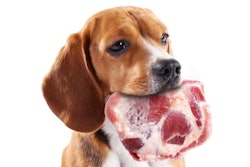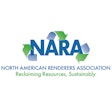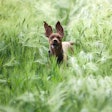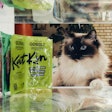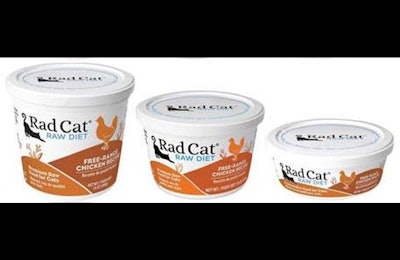
Radagast Pet Food, Inc. of Portland, Oregon, USA expanded its voluntary recall to include an additional quantity of Rad Cat Raw Diet across all varieties with Best By dates of 10/19/18 through 12/3/19 because it has the potential to be contaminated with Listeria monocytogenes, according to the United States Food and Drug Administration.
No pet or human illnesses caused by consumption of or exposure to Rad Cat Raw Diet products have been reported to date.
The company has identified a source of potential contamination in its facility. The company has taken proactive measures to eradicate the source and it is confident that its corrective actions have eliminated the source of potential contamination related to this recall. This expanded recall will capture any additional lots that may have been affected.
Radagast raw cat foods affected by recall
The following Rad Cat Raw Diet products are being recalled. The products were shipped to distributors in the US and Canada between 5/10/17 and 8/9/18.
This recall includes products within the following Lot number sequential range:
Starting with and including Lot Number 62763, through and including Lot Number 63101. These Lots have Best By (BB) dates of 10/19/18 through 12/3/19.
- Rad Cat Raw Diet Grass-Fed Beef Recipe (1oz sample, 8oz, 16oz, 24oz)
- Rad Cat Raw Diet Free-Range Chicken Recipe (1oz sample, 8oz, 16oz, 24oz)
- Rad Cat Raw Diet Pasture-Raised Lamb Recipe (1oz sample, 8oz, 16oz, 24oz)
- Rad Cat Raw Diet Natural Pork Recipe (1oz sample, 8oz, 16oz, 24oz)
- Rad Cat Raw Diet Free-Range Turkey Recipe (1oz sample, 8oz, 16oz, 24oz)
- Rad Cat Raw Diet Pasture-Raised Venison Recipe (1oz sample, 8oz, 16oz, 24oz)
The Lot Number and BB Date can be found on the bottom of each container.
Effects of Listeria on pets and humans
Listeria monocytogenes is pathogenic to humans. Healthy people exposed to Listeria monocytogenes should monitor themselves for some or all of the following symptoms: nausea, vomiting, diarrhea, abdominal cramping, and fever. This pathogen can cause serious and potentially fatal infections in animals consuming the pet food and in humans that handle the pet food and touch surfaces exposed to the product. There is risk to humans from handling contaminated pet products, especially if they have not thoroughly washed their hands after having contact with the products or any surfaces exposed to these products. Consumers exhibiting these signs after having contact with this product should contact their healthcare providers.
Listeria monocytogenes can affect animals eating the product. Animals exposed to Listeria monocytogenes can display short-term symptoms such as: vomiting, diarrhea, fever, muscular or respiratory signs and anorexia. Animals can shed Listeria monocytogenes through their feces onto their coats and into the home environment and thus serve as sources of infection to humans and other animals in the household. If your pet has consumed the recalled product and has these symptoms, please contact your veterinarian.



